FAQ
Make sure your documents, login details, and passwords are safe & secure in one place with My LifeJars. Some important documents to get set up include your last will and testament, advanced care directive, health care proxy, power of attorney, enduring guardian, estate planning, and family law
A last will and testament will help your loved ones sort things out after you’ve passed. It tells your family how you want your property and assets to be managed or distributed. If you have young kids or pets, you’ll need to detail who will take care of them.
When you’ve become mentally incapable or unable to communicate, an advance care directive will outline how you want to be taken care of. It will detail your health care and should cover what will happen in various end-of-life care decisions. This may include a DNR (do-not-resuscitate) order.
A health care proxy allows you to choose who you want to take care of your health decisions when you are no longer able to. A power of attorney is someone who takes care of your finances for you when you are unable to. A health care proxy doesn’t have control over your finances while a power of attorney doesn’t have control over your health decisions.
A health care proxy allows you to choose who you want to take care of your health decisions when you are no longer able to. A power of attorney is someone who takes care of your finances for you when you are unable to. A health care proxy doesn’t have control over your finances while a power of attorney doesn’t have control over your health decisions.
A power of attorney is someone you choose to make your financial and legal decisions when you are unable to do so. They must follow the instructions you’ve set out for them and you can place limits on their authority. You can also change or revoke the power of attorney at any time.
Your guardian should be someone you can trust entirely. This person needs to clearly and fully understand what your wishes and desires are for your life. They need to be someone who is good at making decisions and you trust to stand up for you when you can’t.
Estate planning is when you outline how your assets will be distributed or managed after you’ve passed. Proper estate planning will protect your beneficiaries and children, eliminate big tax fees, and keep your family from fighting over your assets. A good lawyer can walk you through the whole process.
You might file your last will and testament at the local courthouse, but make sure you also have a printed copy and that your executors can access it. Make sure you let all of your executors know where and how to access your will.
It’s also a great idea to store your testament and last will online. My LifeJars offers a place to organize and store securely ALL your vital documents in one place that can be accessed anywhere, anytime by those you trust.
Children under 18 years of age are called minors and will require at least one legal Guardian to support them financially and take care of their living, medical and emotional requirements. There can be two or more Guardians that look after the different needs of the minor. These can be a relative or friend but someone that is trusted, who will follow wishes, and is prepared to take on the responsibility.
Children included in a will may be referred to as children, biological children, step-children or foster children depending on your circumstances.
The main difference is the general power of attorney provides a person the authority to act for you but only under your instruction. The enduring power of attorney grants a person the authority to act for you but not necessarily under instruction from you.
